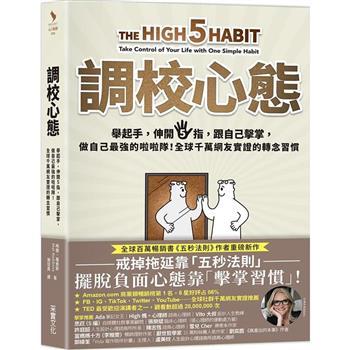This end-of-study theoretical reflection, originally presented as part of an internship report, is set in the Czech Republic. It describes the evolution of the notion of historical heritage in this country. Unlike France, where the principle of the historic monument was enshrined in law as early as 1913, it has taken longer to develop the concept of historical heritage. This article looks at the Czech notion of historical heritage and its evolution in a turbulent institutional context, from the proclamation of the Austro-Hungarian Empire to the present day. Finally, the author raises the question of the future economic, technological and social implications of heritage valorization.
| FindBook |
有 1 項符合
Evolution of historical heritage in the Czech Rep. Czech Republic from 1867 to the present day的圖書 |
 |
Evolution of historical heritage in the Czech Rep. Czech Republic from 1867 to the present day 作者:Le Duff 出版社:Our Knowledge Publishing 出版日期:2023-05-29 語言:英文 規格:平裝 / 52頁 / 22.86 x 15.24 x 0.3 cm / 普通級/ 初版 |
| 圖書館借閱 |
| 國家圖書館 | 全國圖書書目資訊網 | 國立公共資訊圖書館 | 電子書服務平台 | MetaCat 跨館整合查詢 |
| 臺北市立圖書館 | 新北市立圖書館 | 基隆市公共圖書館 | 桃園市立圖書館 | 新竹縣公共圖書館 |
| 苗栗縣立圖書館 | 臺中市立圖書館 | 彰化縣公共圖書館 | 南投縣文化局 | 雲林縣公共圖書館 |
| 嘉義縣圖書館 | 臺南市立圖書館 | 高雄市立圖書館 | 屏東縣公共圖書館 | 宜蘭縣公共圖書館 |
| 花蓮縣文化局 | 臺東縣文化處 |
|
|
圖書介紹 - 資料來源:博客來 評分:
圖書名稱:Evolution of historical heritage in the Czech Rep. Czech Republic from 1867 to the present day
|











